I’m wearing my Comedy Women In Print (CWIP) hat and sharing Q&A duties with Helen Lederer today. While she puts much funnier questions to Kirsty Eyre over on the CWIP blog, I’m posing some of my own to the inaugural (CWIP) Unpublished Novel Prize Winner.
Congratulations on your win, Kirsty, and Happiest of Publication weeks to you with the audiobook and ebook of Cow Girl due out on Thursday! You’ve had quite a year. Can you give us an idea of what it’s been like? Is it everything you imagined it would be, or have there been any surprises along the way?
It certainly has been a HUGE year. When I think back to February 2019, I didn’t have an agent, I didn’t have a publishing deal and I didn’t have a vagina shaped trophy declaring me the inaugural Comedy Women in Print winner. It’s been mind-blowing. I won the award in July, met with Martha Ashby from Harper Collins in August, got the edit notes in September (nothing too scary) and was rattling through the editing process when boom! CoVid-19 came along and pulled the rug from under us and the road has become a little rocky. When I’m home-schooling (peeling my five year-old out from under a bed kicking and screaming and trying to fathom long division with his big brother), I often think back to the 2019 CWIP winner’s event in that speak-easy basement bar where I nearly spat my pink gin out in shock when Cow Girl was announced in first place. I had a warm glow about me for weeks – even when my flip-flop broke on the school run and I trod in a dog poo. It was a big deal to me; the biggest deal in fact.
How/when did you first hear about the Comedy Women in Print prize?
On Twitter, around three months before the submittal deadline. I’m not sure what algorithms you guys have got going on, but it kept flashing at me like a beacon of hope in a sea of cheesy memes. I knew I had to enter as soon as I saw it. At last, Cow Girl was suitable for something.
Did you use the prize as a deadline to finish writing Cow Girl or did you decide to write the book so that you could enter? Did you have to work up confidence before submitting your entry?
Hmm. I think Cow Girl was in its fourth full draft when I submitted it, but I’ll admit that I couldn’t stop tinkering and tweaking right up until the deadline. I wanted it to be the best I could get it. I remember pressing ‘send’ two days before the deadline and then crapping myself that I’d sent in the wrong version.
Can you tell us what Cow Girl’s about in one or two sentences?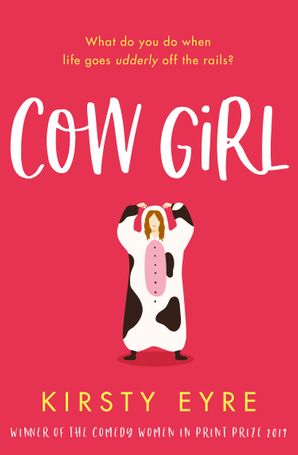
Billie, a thirty-something scientist has to ditch London to run her dad’s dairy farm when he falls ill. Battling misogyny, homophobia and the turbulence of romance, Billie has to jump many a hurdle before the farming community affectionately dub her the ‘Cow Girl.’
Had you written any books before Cow Girl or is this your first full-length novel?
This is my first full-length novel. I wrote comedy stage plays previously so I had to train myself to think outside of set-piece scenes where dialogue carries plot and characterisation and put more emphasis on description. I’m still tempted to exit characters stage left.
What came first when writing Cow Girl – was it a character, a place or the idea behind the novel?
Billie. Cow Girl was always about Billie. She came to me first and I originally wrote the novel as her diary. I’ve carried Billie around with me for a long time now. We had a few fallings out along the way but we’re stronger for it. We’re good mates now. Cow Girl is set just outside Baslow village in the Peak District on the South Yorkshire/ Derbyshire border. The farm (Fernbrook in the book) is based on a dairy farm I know there which became my muse.
Where does the humour come from in Cow Girl? And how do you know when it’s working?
Earlier versions of Cow Girl were more satirical and with each edit came more layers of interiority showing her vulnerable side, leaning more heavily on observational comedy. The humour also comes with misunderstandings through language barriers and culture clashes.
I do love a good bit of situational comedy too – a backdrop of one hundred and fifty cows thrown into the mix along with the odd wedding provides good material to play with, although I must say, it’s not all funny. I’d like to think it’s got some shades of light and dark in there, but I’ll let you make up your own mind.
Can you read (comic) novels while writing your own?
Yes, and I have to be careful not to spiral out of control, worrying that I’m not edgy/ fresh/ funny enough. I love Caitlin Moran, Dolly Alderton and all the comedy greats and think it’s important to read in the genre that you’re writing in, but it can of course be intimidating. Even if I wasn’t a writer, this genre is what I would gravitate towards reading anyway. I’m not a big fan of slapstick humour, but I love observational, witty prose and there’s lots of it.
Whose writing makes you laugh? Which funny book do you wish you’d written?
I love anything by David Nicholls – The Understudy, Starter for Ten, One Day. I felt I’d struck gold when I discovered Maria Semple’s Where’d You Go, Bernadette? and then I had to read all her other titles, just as I did with David Nicholls. I love anything by Caitlin Moran and think she’s done a whole world of good for funny feminists. Graeme Simsion’s Rosie Project really made me laugh and of course anything by the brilliant Nora Ephron. But the book that inspired me to write and I really wish I’d written was Bridget Jones Diary. Hats off to Helen Fielding – an enduring triumph.
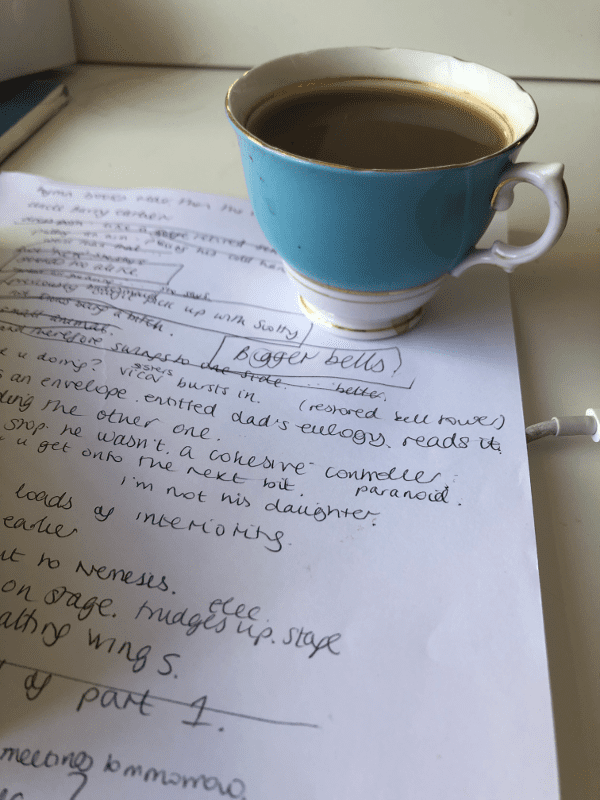 Can you tell us what your writing days look like?
Can you tell us what your writing days look like?
I’m a pantster rather than a plotter but then again, I leave a trail of notes wherever I go – jotted on the back of bills, scraps of paper, the back of my kids home-learning. And then I lose them, forget what I’d written and do it all over again. I’m messy and I drink lots of tea when writing – loose leaf Darjeeling in a pot, which always goes cold – must invest in a tea cosy – and I’m constantly microwaving up whenever I’m stuck on a plot. I love notebooks. I can never have too many notebooks. I don’t have a mood board – I’m not a mood board kind of a gal or post-it notes. Weirdly, I’ve just written about mood boards in the novel I’m writing now! I seem to eat a lot of carrots when I write – there’s something about gnawing and thinking. Maybe I was a hamster in a previous life.
What are you writing next? Can you tell us anything about it?
I’m writing a comic novel called The Goddesses of Barnsley. At least, that’s the working title. It’s about three sisters from Barnsley who form a band, but the sisterhood falls apart when only one of them gets picked to go solo. Ten years later, they must reunite for their dad’s funeral. Resentment. Anger. Jealousy. Love. Friendship. The three of them are now very different people. Can they restore the sisterhood?
How different would your life be now, if you hadn’t entered the CWIP Prize last year? And what advice would you give to anyone thinking of entering next year’s CWIP Prize?
Oh Kath, I would still be in the not-yet-published writers’ cycle of hope and despair, desperate for validation that what I’m writing is half decent and that I’m not deluded and that I shouldn’t give up. Probably crestfallen from all the rejections and radio silence. I cannot tell you how grateful I am to CWIP for this and to Helen for being the brains behind it. I hope she knows that she has changed lives and given female comedy writers hope, belief and direction. I feel a bit teary every time I stop and think about it.
Having been on the CWIP 2020 judging panel, I feel that I’ve been on both sides of the fence. My advice would be to make sure the point of view you are writing in is right for the book and that your narrative voice is strong and clear from the first sentence. As a judge, you need to be engaged from the get-go and this is what draws you in. The great thing about comedy is that there are so many different types of humour – don’t be afraid to try something new. Whether it’s romantic comedy, tragicomedy, a comedy thriller or a humorous travel novel, or something totally different, go for gold, my friends.
I’ll be posting my review of Cow Girl here on Thursday. In the meantime, you can pre-order Kirsty’s book in any format through this link:
The blog tour starts on the CWIP blog today and runs from 21 June – 3 July with all stops listed below:
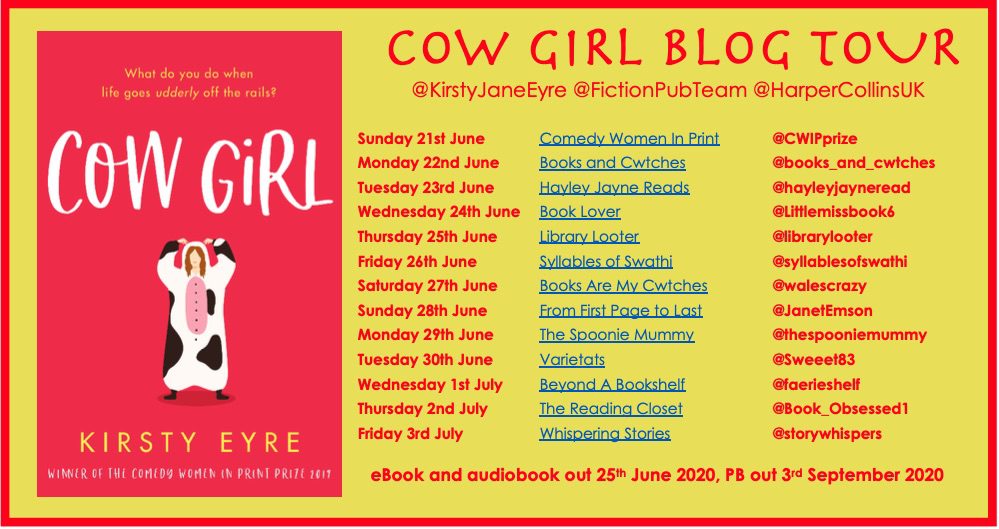
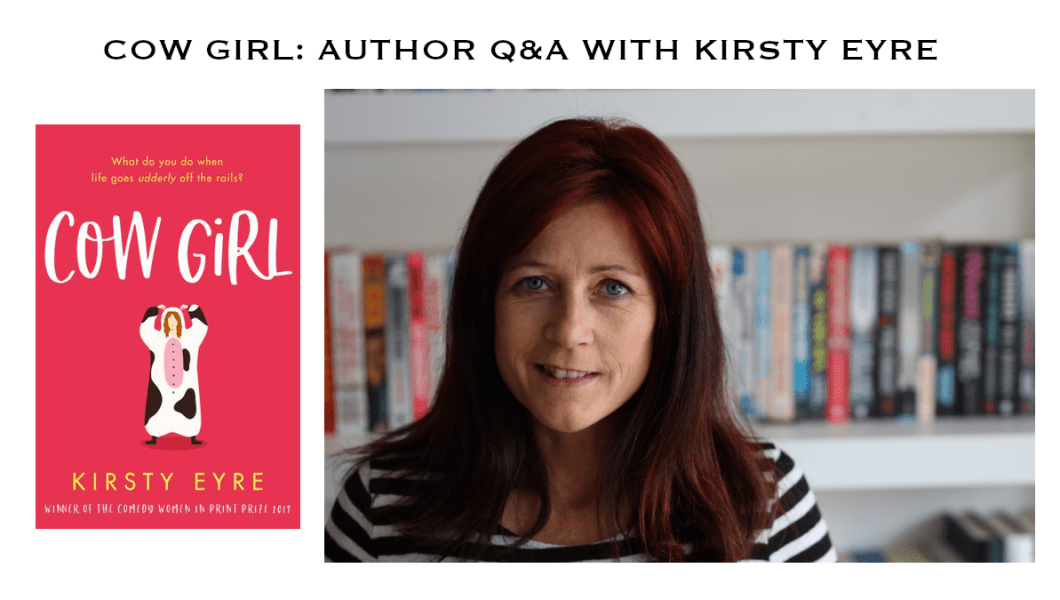
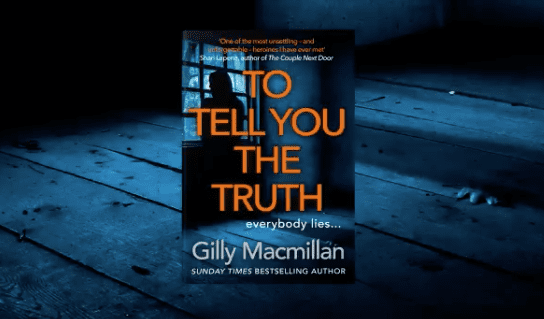
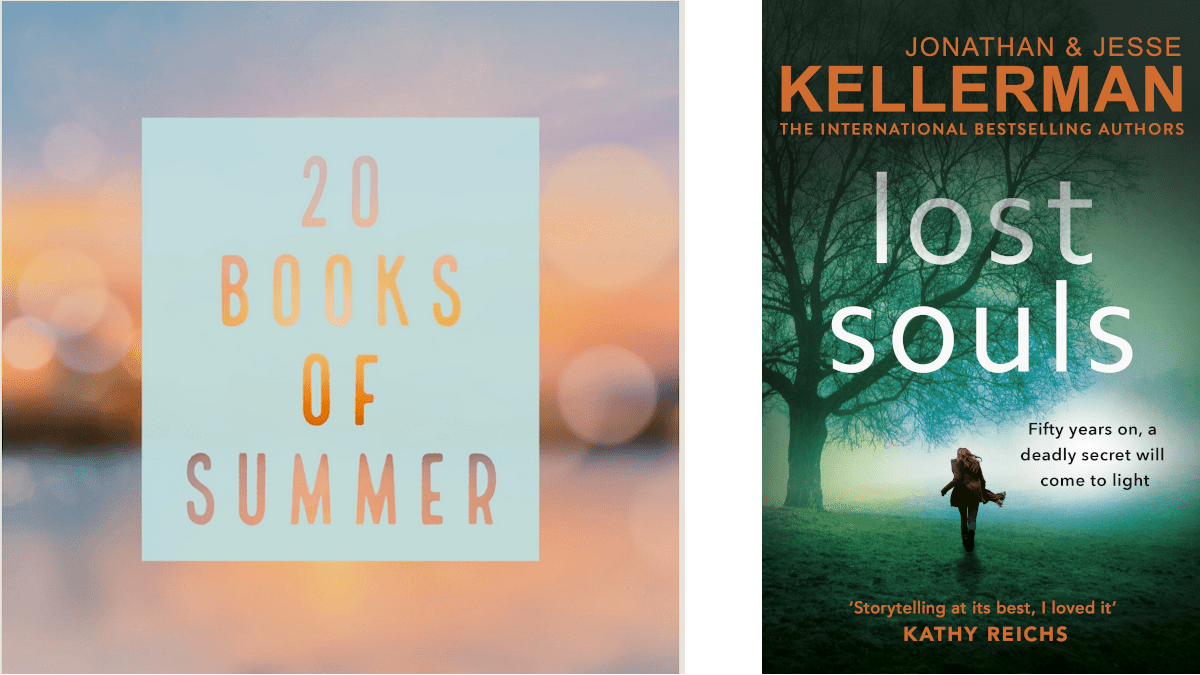
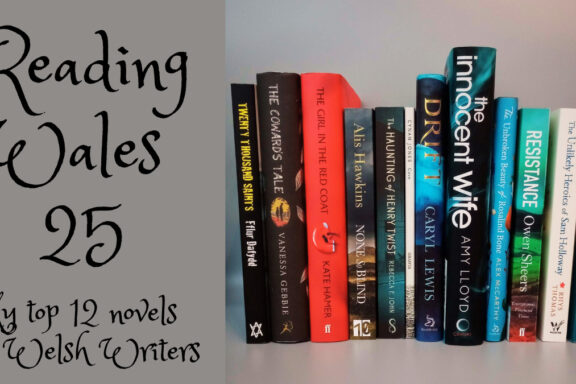
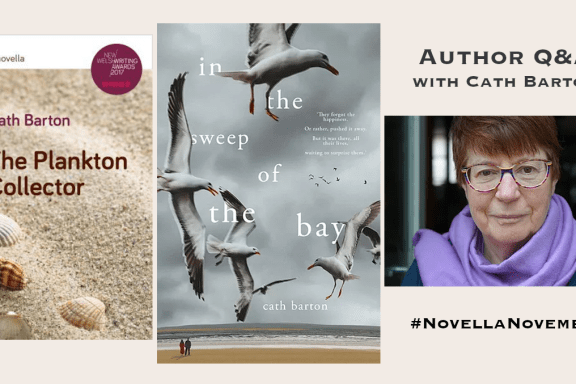
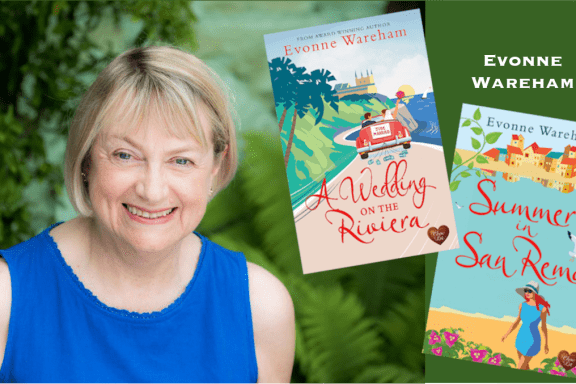
Leave a comment